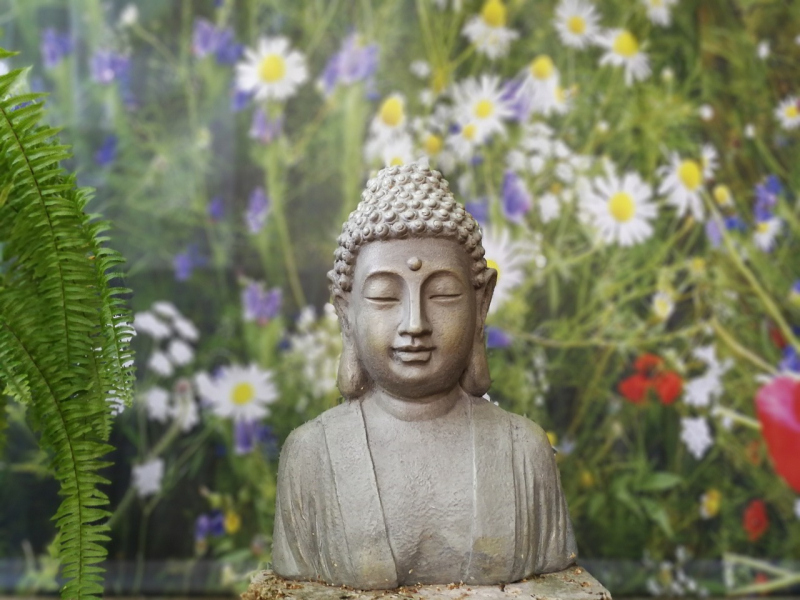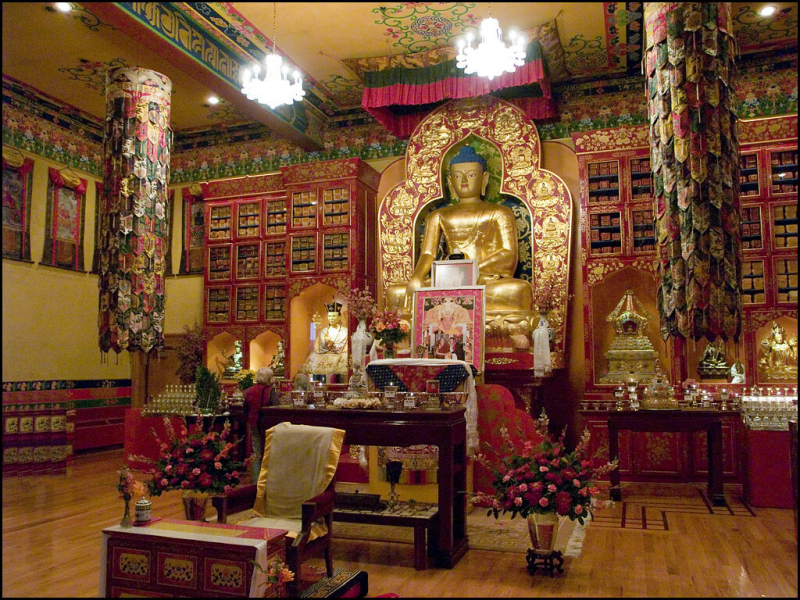Karma
In Buddhism, it is held that karma, the principle of cause and effect, mold the circumstances of one's forthcoming rebirth. Constructive actions engender positive karma, culminating in a more auspicious rebirth in elevated realms, whereas harmful efforts yield negative karma, carrying the potential for regeneration in lower realms. This interlinking of karma and rebirth underscores the significance of leading an ethical life and making responsible choices, for they directly shape an individual's destiny beyond death.
The concept of karma within Buddhism illuminates the essence of suffering. Practitioners acknowledge that suffering within the cycle of samsara arises from unfavorable karma. As a result, alleviating the sources of suffering entails more than comprehending impermanence and attachment; it also encompasses the proactive endeavor to amass positive karma through ethical behavior, acts of generosity, and compassion.
The comprehension of karma is a driving force for Buddhists to lead lives of mindfulness and virtue, enhance their present existence, and establish favorable circumstances for life beyond. Through the cultivation of virtuous karma, individuals aspire to secure a more advantageous rebirth and diminish the likelihood of suffering in forthcoming lifetimes.
In essence, karma is a foundational principle molding Buddhists' perspectives on death and the persistence of consciousness. It emphasizes the significance of leading an ethical life, making conscientious choices, and mindfully readying oneself for the afterlife. These endeavors foster favorable conditions for forthcoming lives, fostering the journey toward liberation from the cyclic wheel of samsara.












